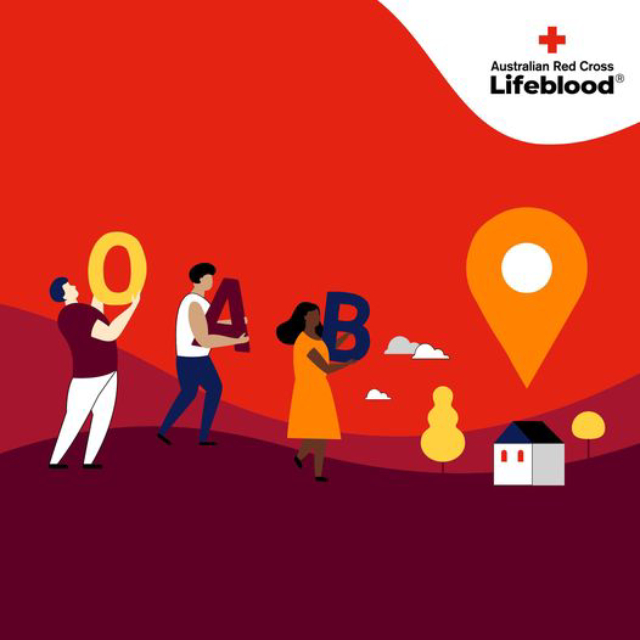Your Health is Your Wealth: Asthma
What is Asthma?
Asthma is a chronic, generally reversible disease of the airways. People with asthma have sensitive airways which can react to particles in the air. The tiny airways in the lungs constrict, the lining of these airways become swollen and mucus is produced.
What are the symptoms of asthma?
• Wheezing – a continuous, high pitched sound coming from the chest while breathing
• Shortness of breath – a feeling of not being able to get enough air
• A feeling of tightness in the chest
• Coughing
Diagnosis
You do not have to have all of the above symptoms to be diagnosed with asthma. If you suspect that you may have asthma, it is important that you visit your doctor. Most importantly, your doctor will provide you with a personalised asthma action plan that includes information on your asthma medication and what to do in an asthma emergency.
First aid for asthma
Signs you are having an asthma attack:
• You have increasing wheezing, cough, chest tightness or shortness of breath
• You are waking often at night with asthma symptoms
• You need to use your reliever inhaler again within 3 hours
• Visit the National Asthma Council Australia for the four steps of asthma first aid.
When is it an asthma emergency?
• Your symptoms get worse very quickly
• You have severe shortness of breath, can’t speak comfortably or lips look blue
• You get little or no relief from your reliever inhaler
• Call and ambulance in an Asthma emergency by dialling 000.
Asthma medication
Your doctor may prescribe you asthma medication which can be a reliever plus or minus a preventer. Ensure that you use your medicines correctly ask your doctor, clinic nurse or pharmacist to demonstrate. Regardless of the medication make sure you have an up-to-date asthma action plan.
What are asthma triggers?
Asthma triggers can be different from one person to another. Common triggers include: viral infections – colds and flu, house dust mites, animal dander, pollen from grasses, trees and flowers – high pollen counts can make asthma worse, moulds, cold air, physical activity, some medicines, cigarette smoke, air pollution and work-related chemicals.
What is the relation between asthma and allergy?
Allergy occurs when a person’s immune system reacts to substances in the environment that are harmless for most people. These substances are known as allergens and are found in house dust mites, pets, pollen, moulds, foods and some medicines.
Asthma and allergies are closely linked because allergens can cause inflammation of the airways and trigger asthma symptoms. More than 8 in 10 people with asthma are affected by allergy. I will cover hay fever in the next issue.By
Dr. Ashraf Mina









